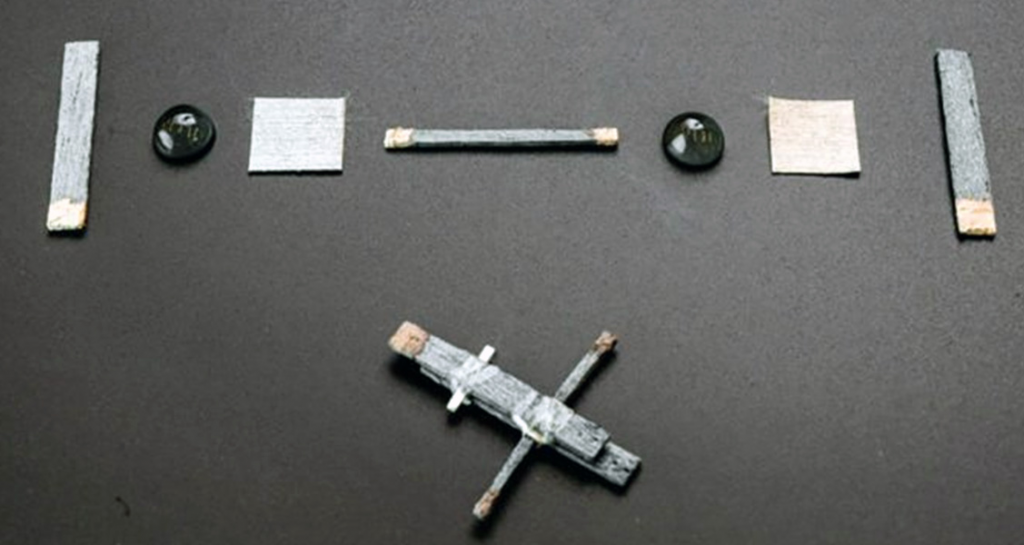Researchers at Linköping University and the KTH Royal Institute of Technology have achieved a major breakthrough in the industry by engineering the world’s first wooden electrical transistor that is efficient and sustainable.
According to a press release by the institutions on Thursday, this development is unprecedented, and although the wood transistor is slow and bulky, it does work and has tremendous development potential, says Isak Engquist, a senior associate professor at the Laboratory for Organic Electronics at Linköping University.

Wooden transistors had been attempted before, but previous versions could only regulate ion transport, and when the ions ran out, the transistor would stop functioning. However, the new transistor developed by the researchers can function continuously and regulate electricity flow without deteriorating. The balsa wood used to create the device is grainless and evenly structured throughout, which is necessary for the technology involved. Next, the researchers removed the lignin, leaving only long cellulose fibers with channels where the lignin had been. These channels were filled with a conductive plastic called PEDOT:PSS, resulting in electrically conductive wood material.
The wooden transistor developed by the researchers can regulate electric current and provide continuous function at a selected output level. Moreover, it can switch the power on and off with an insignificant delay. Turning the transistor off takes about a second while turning it on takes about five seconds.

Although the final transistor channel is quite large, the researchers stated that this is a benefit. It could tolerate a higher current than regular organic transistors, which could be significant for future applications.
“We didn’t create the wood transistor with any specific application in mind. We did it because we could. This is basic research, showing that it’s possible, and we hope it will inspire further research that can lead to applications in the future,” concluded Isak Engquist in the statement.


